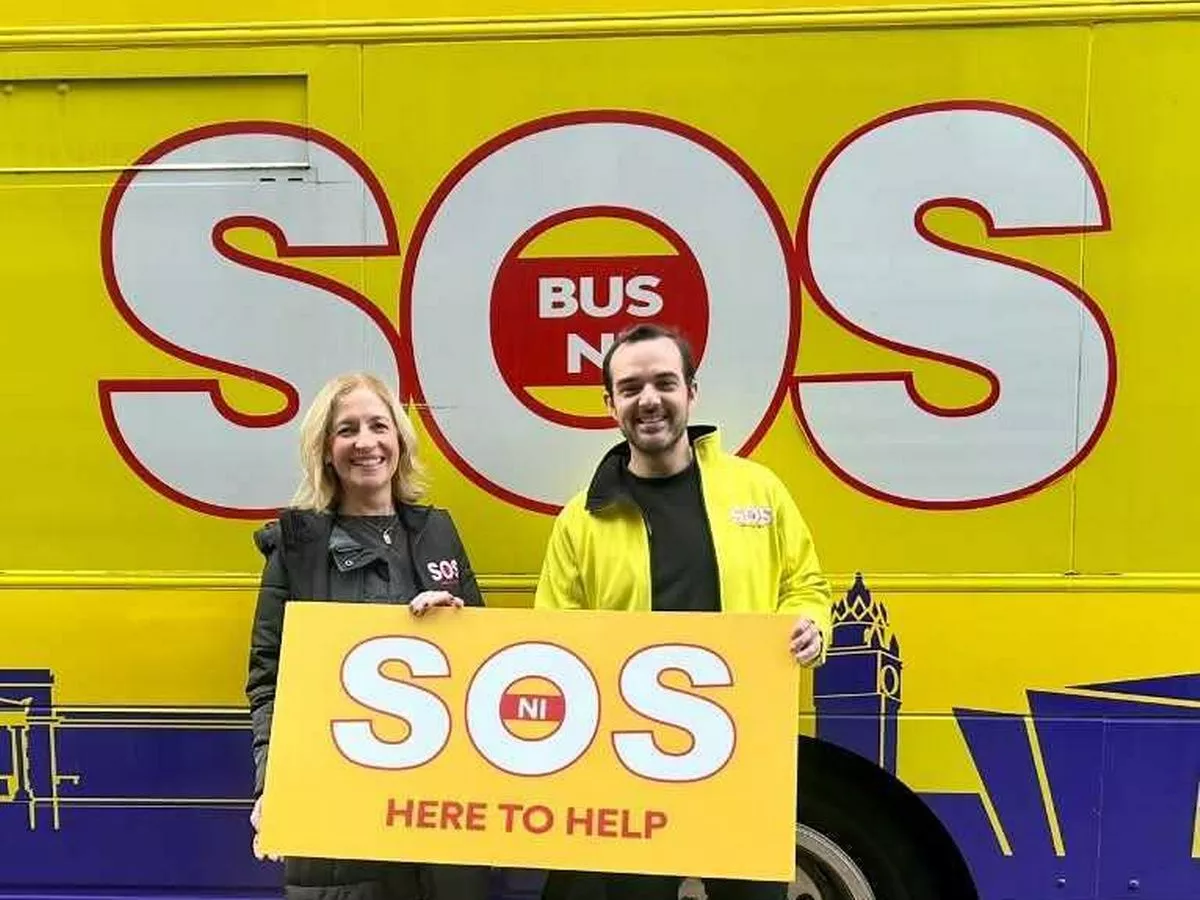
By Erika D. Smith / Bloomberg Opinion
Ignored by their Republican colleagues and mocked by President Donald Trump as “ridiculous,” Democrats in Congress seem poised to force the federal government into a shutdown.
It’s a political risk, but Democrats are giving a simple reason: Republicans, through the evisceration of health care and other federal programs, are about to make poor Americans poorer in order to make rich Americans richer. Therefore, Democrats must take a stand on behalf of the working class. As House Minority Leader Hakeem Jeffries put it this week, “cancel the cuts, lower the costs, save health care.”
But largely missing from all the tough talk and finger-pointing this week by Jeffries and Senate Minority Leader Chuck Schumer is the reality that Democrats haven’t presented a comprehensive economic vision of their own.
A government shutdown will undoubtedly please the partisans spoiling for a fight with Trump. But it will do little to help Democrats accomplish what they should really be focused on, which is convincing the working-class voters who abandoned them in the last election that their party is prepared to address affordability, and not just blame Republicans.
According to recent polling by Reuters/Ipsos, Republicans have a 10-point advantage with voters on the economy; even though most voters don’t approve of Trump’s handling of it. A recent report on household income from the Census Bureau helps explain why. Among the more embarrassing data points for Democrats: California — a state routinely held up as a national model for progressive politics, with a governor who is angling to be the party’s presidential nominee in 2028 — is tied with Republican-led Louisiana for having the highest supplemental poverty rate in the U.S.
To be sure, there are more red states than blue states with high poverty rates, particularly in the South, including Mississippi and Florida. And nationally, both the poverty rate and the supplemental poverty rate (a broader measure) remained mostly flat year over year, at 10.6% and 12.9% respectively, even after the federal government’s rollback of pandemic-era relief programs.
But roughly 7 million Californians — or the equivalent of the population of Indiana — were unable to meet their basic needs last year in a state that ranks as the world’s fourth-largest economy. California is also home to more billionaires and more homeless encampments than anywhere else in the US.
None of this is likely to inspire confidence in Democrats’ handling of the economy, even as Americans continue to sour on Trump.
A recent Washington Post-Ipsos poll found that an overwhelming majority of Americans — 70% — believe the president’s tariffs are leading to higher costs for everyday goods. And 63% say it’s a “bad time” to find a “quality job,” an impression borne out by recent economic data.
If Democrats fail in their shutdown demands to repeal cuts to Medicaid, there’s no doubt that Republicans’ One Big Beautiful Bill Act — now so unpopular that the party is trying to rebrand it as the “Working Families Tax Cut Act” — will make what’s already a bad economic situation even worse.
The changes the law made to Medicaid alone will add 10 million Americans to the ranks of the uninsured by 2034, according to an analysis by KFF Health. Many families, especially those living in rural areas (where hospitals have already been announcing plans to close), will be saddled with higher out-of-pocket expenses, potentially pushing them further into debt.
Poverty rates will rise. Studies have long shown that having access to subsidized care reduces medical debt and increases financial stability for working families, in addition to improving health outcomes. A 2018 review by a policy analyst at Georgetown University found that Medicaid reduced the broad poverty rate by 3.8 points and the rate for children by 5.3 points.
And if Republicans refuse to extend tax credits that are set to expire this year, as Democrats also are demanding, as many as 4 million people could lose the coverage that they gained through Medicaid under the expansion of the Affordable Care Act. Small business owners and their employees will be hit the hardest, disproportionately harming the working class.
Indeed, even though Medicaid has a reputation for being a government program solely for the poor, most of the 1 in 5 Americans who are enrolled in it qualify because of a disability, because of their age, or because they turned to the Affordable Care Act marketplaces.
Knowing this, congressional Democrats have been blunt in their criticism of Trump and Republicans. What they haven’t done as much of is talk about how they would go about lowering the cost of living beyond maintaining the health-care status quo. What about child care, utilities and housing? What sorts of new policies would they support? Governors are talking about this stuff at the state level, but members of Congress should be doing so as well, and in a comprehensive way.
To bring their party out of the political wilderness, Democrats need to make sure Republicans own the problem of worsening affordability and poverty. But they also need to go further, and convince working-class voters that their own party owns the solution.
Erika D. Smith is a politics and policy columnist for Bloomberg Opinion. She is a former Los Angeles Times columnist and Sacramento Bee editorial board member.



